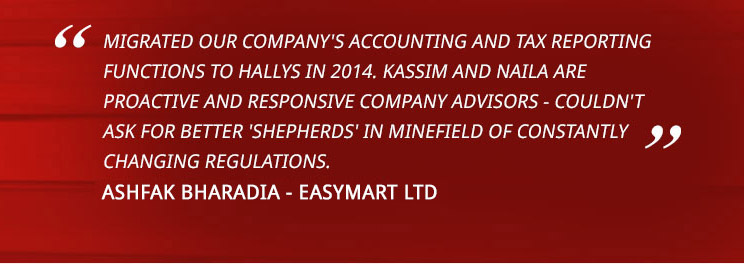The precautions taken by government to contain the COVID-19 outbreak, commonly known as lock-down, have created varying problem for UK businesses. As we ease our way out of lock-down many of us will have further issues to confront. This post considers some of those issues.
According to the Office for National Statistics, economic activity in the UK fell by 20.4% in April 2020. This is the largest drop in a single month since records began in 1997.
Which group do you fit into?
The way in which you can respond to efforts to re-open doors to business depends on how your firm continues to be affected by lock-down. There are three broad categories:
- You are unable to trade. COVID-19 restriction mean you cannot sell your goods and services. Pubs, restaurants and much of the leisure industries fall into this group. Typically, this has resulted in the furlough of all staff and a complete absence of sales.
- You have managed to stay open for business, but at a much reduced level of activity. Perhaps some staff have been furloughed, sales are much reduced, the business has struggled to avoid losses and depletion of cash reserves.
- You have experienced no drop in activity. It has been business as usual.
Very few businesses will be fortunate enough to be in the third category.
Group 1 – emerging from total lock-down
The major problem for this group is that lock-down will not disappear overnight. Restrictions are likely to be eased and slowly to avoid a second wave of infection. Social distancing will reduce a business owners’ ability to trade at pre-March 2020 levels. As this will limit the potential to re-establish sales it may be impossible to reinstate staff and breakeven. Businesses in this group may have to fund losses for some time and even with government support, may find it difficult to stay solvent.
Group 2 – emerging from a reduced trading position
In this group, businesses may have maintained some activity, but have possibly struggled to stay profitable. Cash reserves, even with grants received and cheap, government-backed loans, will likely be reducing. For these businesses, much will depend on demand for their goods and services
Group 3 – Business as usual
Those businesses that find themselves largely unaffected should count their blessings. However, any continuing downturn in demand, economic activity, will at some point have a large-scale dampening effect on demand as consumers reign in expenditure “just in case”.
What action should we be taking?
Now is not a good time to stick your head in the sand and hope all turns out well in the end.
Now is the time for constructive reflection and planning.
We would urge business readers, whichever group they fit into, to take a hard look at their forecasts and reshape them based on a gradual return to pre-COVID activity levels.
And Brexit, still bubbling along in the background, will need to feature in your considerations.
If you need help organising your thoughts to produce a road map to find your route out of lock-down, please call.















